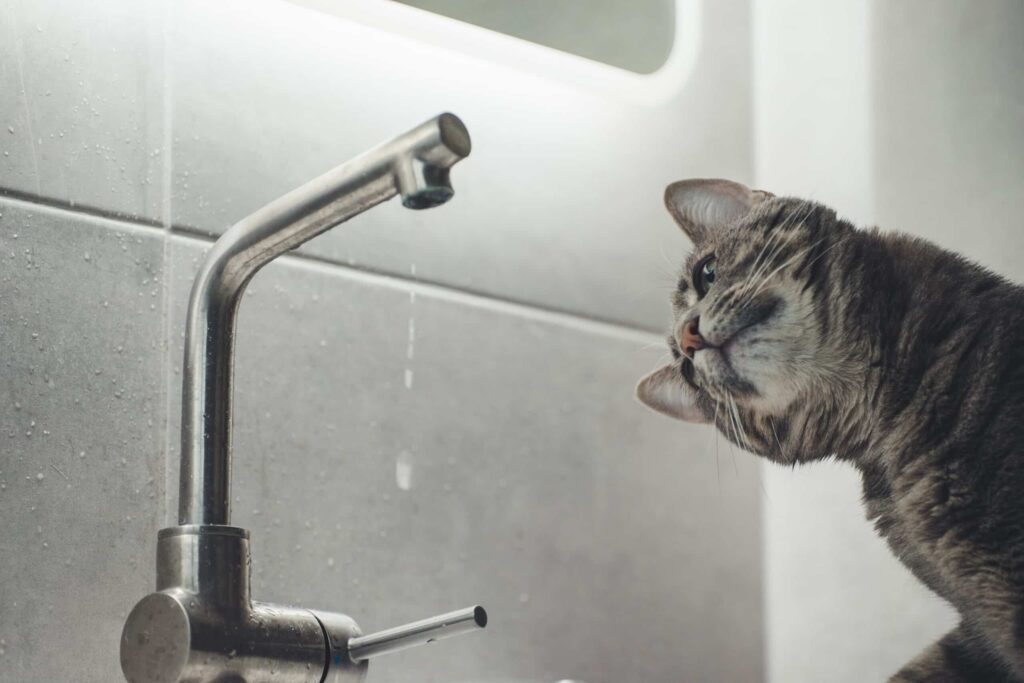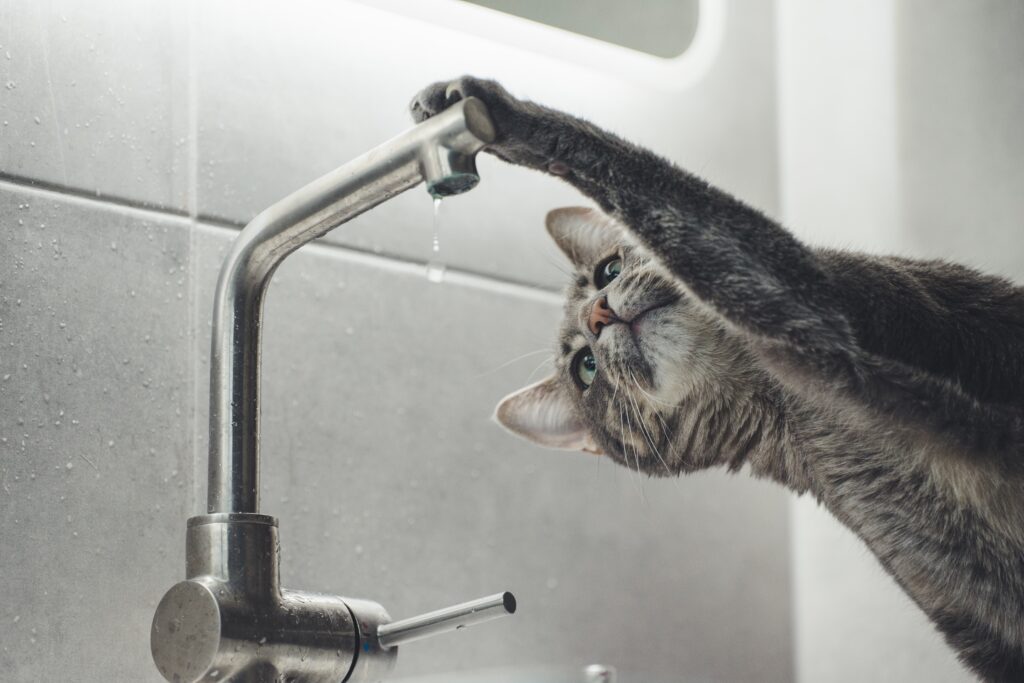It will be no surprise if you tell me that you had no idea that the water from your tap can be soft or hard. In this article, let’s tackle the difference between the two to give you the weapons you need to assess which option is best for you.
More often than not, soft water is preferable to hard water. This is why investing in a water softener is a thing today. A water softener is simply what the name implies: it turns hard water into soft water.

Despite soft water being the more desirable choice, both options have pros and cons.
Hard water

Hard water is water that has not undergone any chemical process. Drinking hard water is comparable to drinking rainfall. It is being termed “hard” because once the water seeps through the ground, it flows through mineral deposits and stones, where it is filtered.
Since hard water contains natural minerals, drinking it is believed beneficial. The minerals found in it mainly include calcium, magnesium, and iron. These minerals are proven to aid in the prevention of some types of cardiovascular conditions. This is the advantage of hard water since these minerals are not found in soft water.
On top of its health benefits, the minerals present in hard water add to its taste, and some seem to find this on the pleasant side. Although preference may vary, some prefer this over soft water’s lack of taste.
On the other end of the spectrum, one of the reported possible cons of hard water is that it may cause scale build-up in the plumbing system, which, in turn, affects the performance of household appliances.
Additionally, studies have found a slight correlation between ingesting hard water and children presenting with a skin condition called eczema.
Since hard water came straight off the ground, its smell may range from earthy to a strong, unpleasant scent of sulfur. This is a huge turn-off to many people, and this remains the most commonly reported reason people refuse to drink hard water.
Soft Water
Soft water is hard water that has undergone ionization to remove its minerals. Although soft water is a common household choice, experts believe regular drinking of soft water may harm consumers.
It has been reported that the consumption of soft water regularly increases sodium (salt levels). Yes, sodium is an important element of a healthy and balanced diet, but as we know, anything in excess isn’t at all good. Excessive sodium may lead to cardiovascular anomalies, and a common one is high blood pressure.
An excess of sodium promotes water retention. If excessive water is present in the body, blood pressure will rise, and the heart will be forced to work harder than normal. People are already ingesting too much sodium with our eating habits today, and soft drinking water further aggravates this.
Due to the process, hard water becomes soft water, and the chemicals added to it result in more volatile water. The process may result in tap water gaining unwanted elements along the way.
One of the most dangerous elements that may contaminate your water is lead. Lead is known to have the capacity to pose harm to the blood cells and the oxygenation of our muscles, bones, and organs.
Excessive intake of soft water is reported to cause dehydration in the cells in our body. Once this event occurs, water movement through cellular walls will be obstructed. This disrupts the normal processes in our bodies.
Despite the disadvantages, people still choose to install water softeners because treated water, such as soft water, prevents the build-up of scales on taps and appliances.
Hard water vs. soft water

As discussed, both options have their pros and cons. Although experts recommend hard water rather than soft water, the advantages of drinking soft water can not be easily thrown out of the picture.
With this, experts do not suggest using a water softener with a water bypass valve system. This certain type of water softener lets water flow to areas where it can be useful for drinking and cooking. If this is not the case, consider other water sources, such as bottled water.
How to distinguish between the two?
Observing how it lathers on your soap is the easiest and most cost-effective method to check if your water is hard or soft. You may also look at your tub or the area surrounding the shower.
Hard water results to:
- soap creating a white film rather than the usual foamy lather
- soap remaining on your skin and hair despite rinsing efforts
- white mineral scale present on surfaces that may build up in your pipes and eventually clog them
If this is the case, ingesting this type of water may pose some health risks in the long term. You may consider other options.
Hardness may not be forever
Some people find their soaps, shampoos, and detergents not lathering well despite being told they have soft water. This is because of the hardening of your water temporarily because of the presence of bicarbonate minerals. Wait for the minerals to pass through the system or boil to make your water soft.
What is so bad about hard water?
While hard water is said to be okay as a drink, its minerals may cause problems for your home, skin, and hair. Most of these issues may not stir up too much of a problem, but if you’re unlucky, you might need to call a plumber.
With hard water:
- your hair always feels dirty
- your hair loses its shine
- your hair becomes dry
- your hair may have dandruff
- your skin becomes dry easily
- your skin feels sticky
- children may be at risk for eczema
When washing your clothes, hard water results in the wear and tear of your fabric, while soft water may leave residual detergent within the fibers; finding what works best for you takes trial and error.
We have established that hard water may induce blockages in your pipes that usually remain unnoticed until backing up begins. A plumber usually flushes out the mineral deposits to solve the issue. However, most households only realize this when the problem is already quite difficult to solve. To prevent this, install a water-softening system for your long-term convenience.
How to treat hard water?
A treatment system can regulate your water, so it does not become too hard or too soft. Installing this makes your water at home incredibly safe for drinking and problem-free for washing.
Suppose you’re not willing to shell out money for a water treatment system (a softener or a filter system. Having clear and unclogged pipes will save you from spending on plumbing fees, and safe drinking water will save you from the costs of hospital trips, which we all know are far from cheap. So, to summarize, installing one is some savings in the making.
If you can’t afford a water treatment system for the whole house, you may try installing a simple shower head water softener first!
Final words
We hope you’ve picked up a thing or two from this article. Whether you choose soft or hard water for your family is entirely up to you if your choice is backed up by research. Remember, safety comes first!

Jay
Jay is a health and wellness enthusiast with expertise in water quality and nutrition. As a knowledgeable advocate for holistic well-being, Jay successfully manages Type 2 Diabetes through informed lifestyle choices. Committed to sharing reliable and authoritative insights, Jay combines firsthand experience with a passion for enhancing health."
